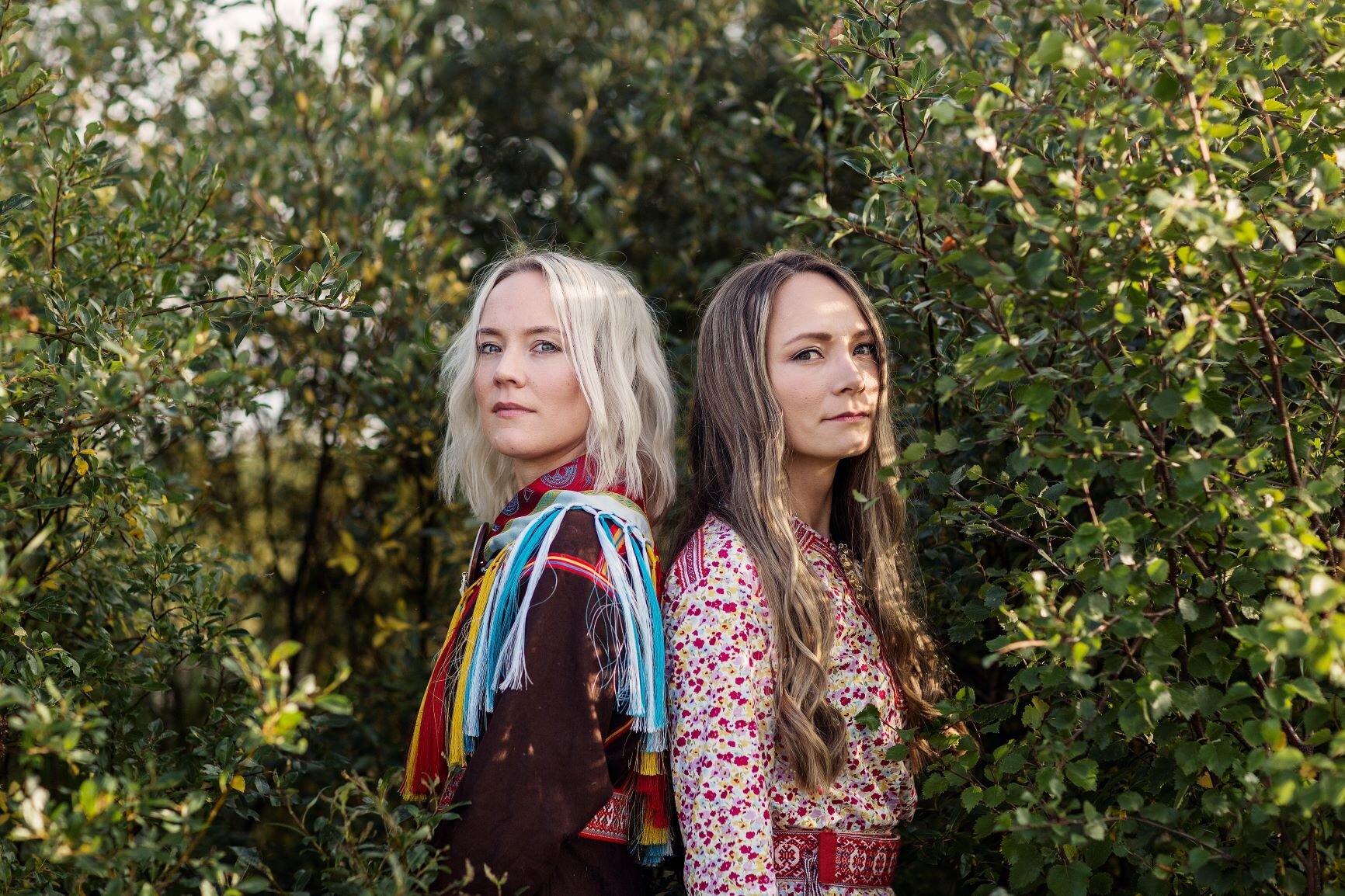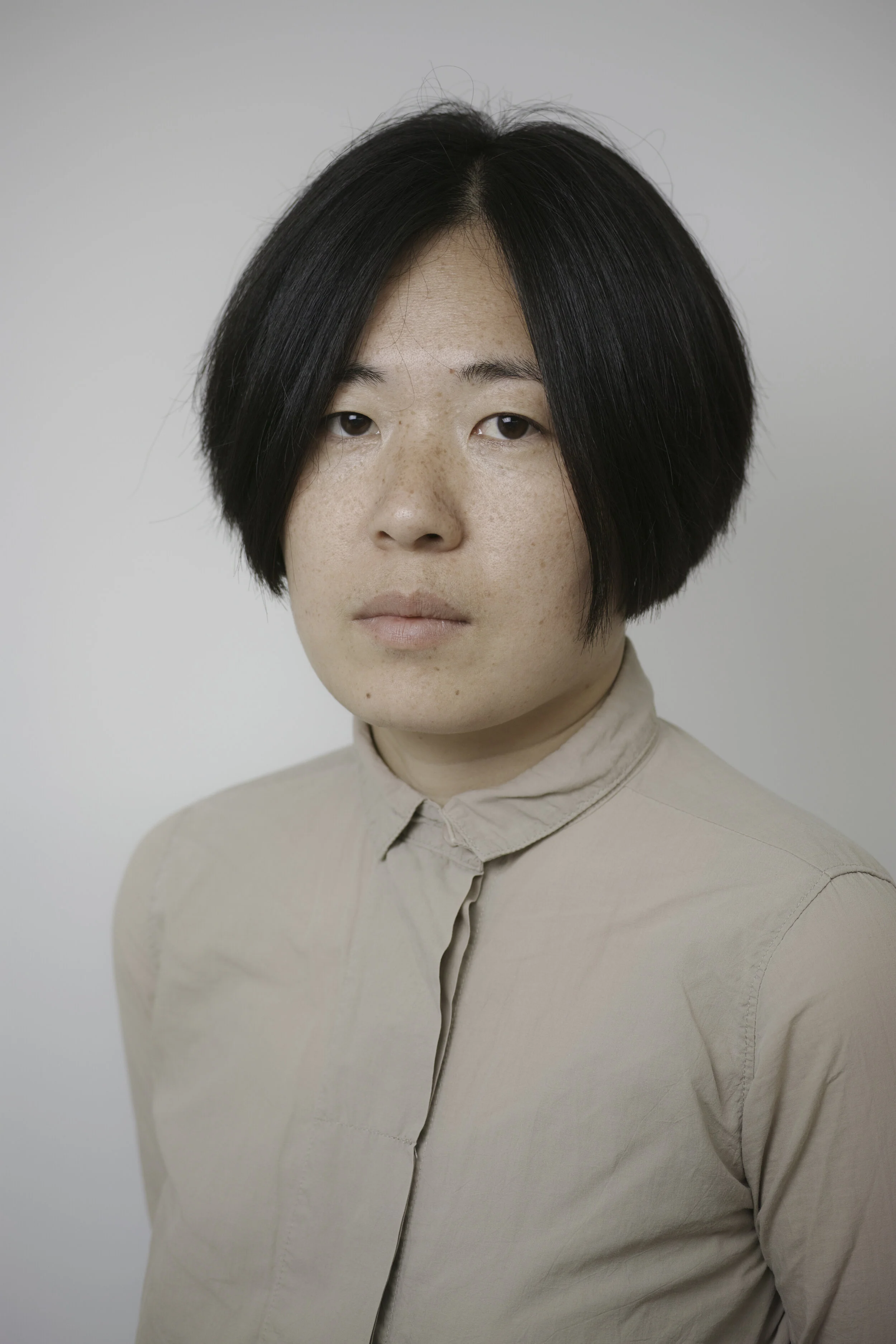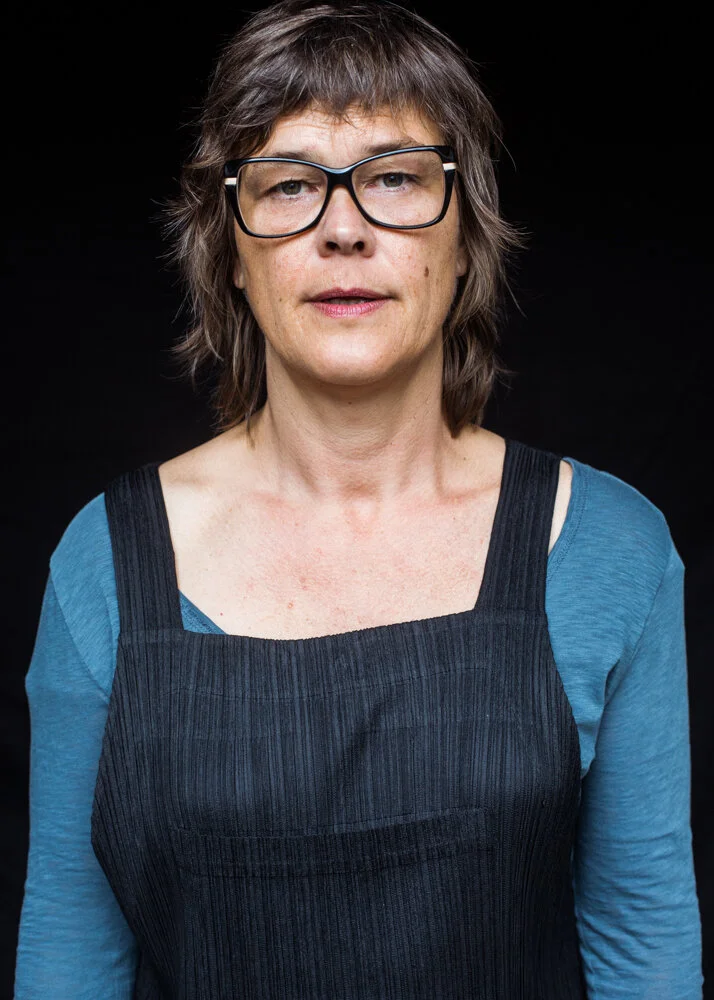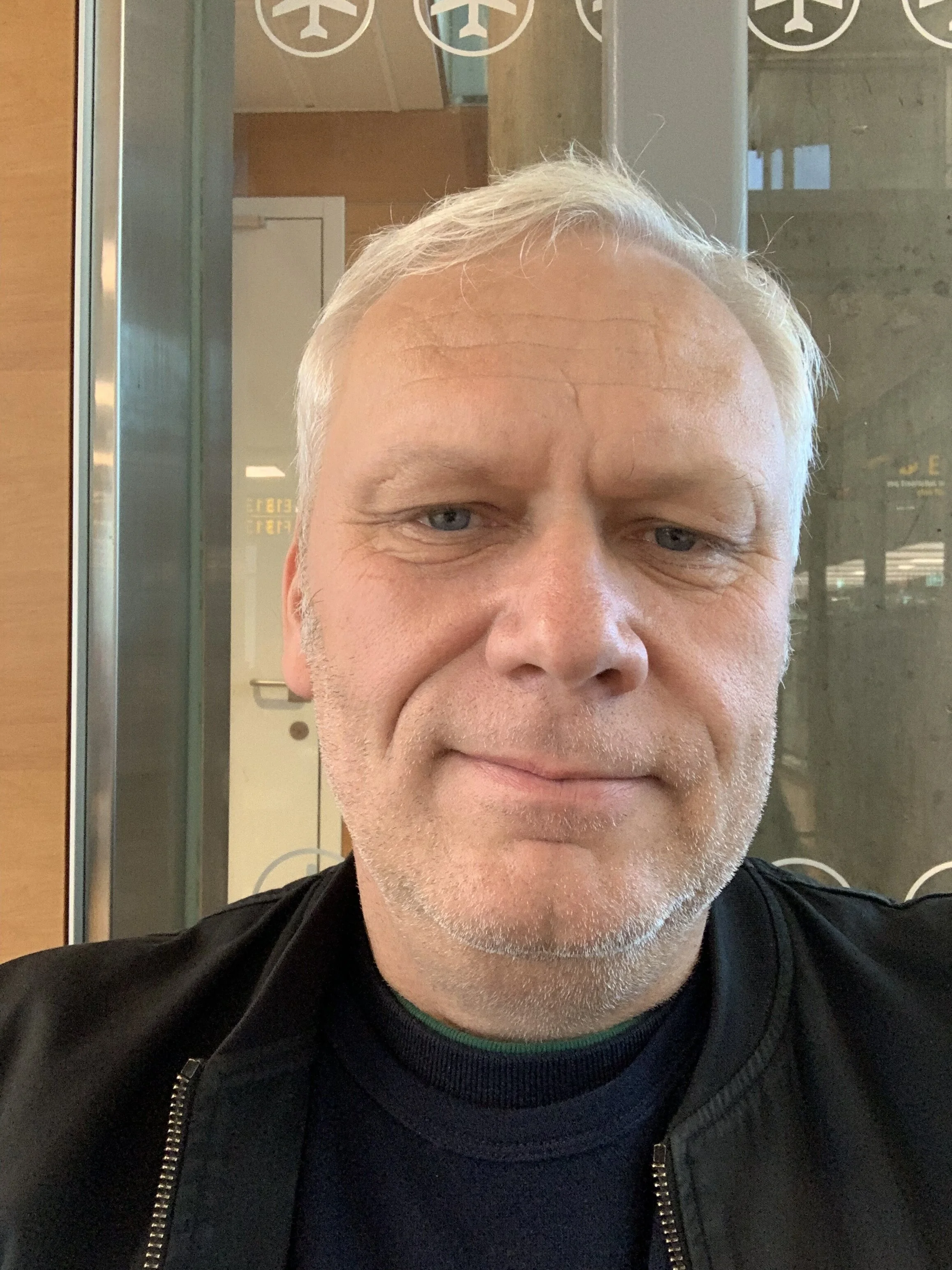Digital Heritage: Pomor museum in VR format
Presentation of the project by initiators of the project; Oleg Khadartsev and Zhanna Guzenko from Friday Milk / Uncapitals (Murmansk): Friday 18 Oct, 15:45 hrs, Harstad Cinema, screen 2
VR installation in the Harstad Cinema foyer throughout the festiaval.
Uncapitals: Digital Heritage
VR installation
‘Digital Heritage’ is a collective art-project where the team of young artists and cultural workers get aсquainted with the old Pomor traditions, history and culture. During art residency in September 2017 to Onega (Russia), the project team created a concept for digital version of Pomor museum by rethinking the information from encyclopaedias and live material. Five virtual spaces resemble museum halls: there is an entrance area, overview halls, exhibition halls, devoted to the traditions and household, and a guestbook room.
The project is on the verge of imagination and reality, it is a mix of historical facts and mythology, the newest technologies and art, the contemporary pop-culture and traditional Pomor way of living.
More about the project: http://uncapitals.com/2017
Description of the virtual rooms:
The Entrance
Instead of a hall, a ticket counter and a security, who is usually checking your stuff, you will see the warm light of the Russian oven. It represents the heart of Pomor culture - the object you will return to constantly. The hearth gives a lot of possibilities, but you have to keep the fire alive. To move to the next room, just take a log and throw it into the fire. Each room has its own totem: Pomor panka doll, a letter, a gun and Pomor calendar.
“Pomor calendar”
A calendar has always helped people to arrange their activity with regards to time and space.
Interaction with nature, especially with mysterious and severe nature of the Russian North, formed not only customs and traditions, but a way of perception. Arkhangelsk region, or Pomor land, is famous for its fishermen, but what is more important, it is a point of myths and legends concentration, which constitute the world outlook of the Northern people. Exploring and contemplating the echoes of the past in the reflection of the present is only possible if one throws a stone or a sphere into the sea and dives down.
“The Gun”
If we are talking about Pomor household reconstruction, we can concentrate our attention onfishing methods, types of hangers and knots. But can we understand the feelings of the fisherman when he is standing on thin ice? Can we understand what it means to spend time mostly with people that have only one thing in common - the urge to get food for their families? The hall which has a gun as a totem uses the imitation of a game and reconstructs the emotional background of person who has to kill every day to survive.
“Pomor panka doll”
Panka (something like a toy, a thing to entertain you, or an idol) becomes a symbol of a room, devoted to Pomor traditions. Such an ambivalence in the meaning explains the multiplicity of traditions, which change from village to village. Creators of the room would like you to pay attention to the way values were inherited: stories were passed by word of mouth, from the elders to the youngsters. Feel like a child in the cradle, listening to the stories of your grandfather. And today Alexandr Porfirievich from Vorzogory village will play the role of your grandfather.
“The Letter”
The part you will see within the current installation is just the top of the iceberg: there are a lot of untold stories and unexpressed feelings before us. The guestbook becomes an equally important hall as all the other ones: leave your impressions here or tell us your story.
Project team members:
Alexandr Timofeev (RU), 3D model specialist, VR developer
Andrey Isaev (RU), coder
Andrey Larin (RU), coder, UI\UX designer
Anna Potashova (RU), communication specialist
Anton Smirnov (RU), project manager
Ekaterina Tolkacheva (RU), journalist, photographer
Fredrik Einevoll (NO), sound designer
Havard Christensen (NO), coder, VR developer, digital producer
Inna Fedorova (RU), project manager
Kamen Zlatev (SE), coder, VR developer, artist
Ludmila Buzova (RU), art critic
Malin Sternesjö (SE), coder, Illustrator, artist
Maria Sarycheva (RU), guest curator
Oleg Khadartsev (RU), project leader
Olga Dushicheva (RU), designer, illustrator
Pavel Mikhalovskii (RU), coder, IT-developer
Philipp Guzeev (RU), coder, IT-developer, artist
Sergey Shafransky (RU), sound producer
Slava Krasnov (RU), project manager
Taisa Sevenard (RU), VR developer, artist
Torje Spilde (NO), sound producer
Zhanna Guzenko (RU), project producer




































